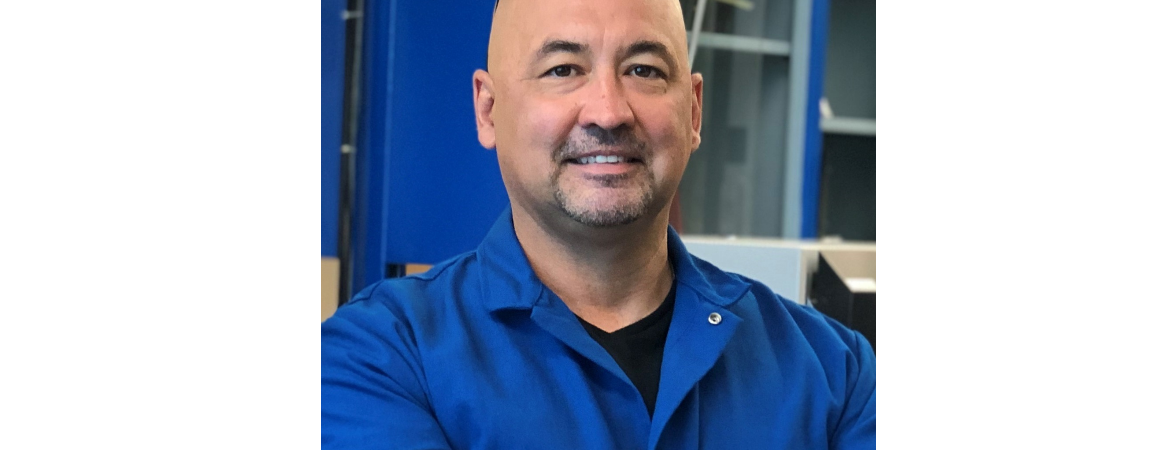Visit UCR Return to Campus website - Take the COVID Screening Check survey

ECE distinguished professor Alexander Balandin received $500K funding for investigating electric-bias control of phase transitions in a special type of quantum materials. The Department of Energy (DOE) project aims at understanding physical mechanisms and developing methods for electric-bias control of phase transitions in quasi-two-dimensional (2D) charge-density-wave (CDW) quantum materials. A strongly correlated CDW phase is a macroscopic quantum state consisting of a periodic modulation of the electronic charge density accompanied by a periodic distortion of the atomic lattice in a certain class of layered metallic crystals. Balandin group has previously demonstrated experimentally the first in the world CDW devices, which can operate at room temperature. It has also shown that CDW devices are radiation hard, and can be used for constructing electronic circuits without transistors. The electric-field induced CDW switching above can potentially be used in low-energy-dissipation information processing. It is expected that the new DOE project will enable transformative changes in materials for electronics, potentially leading to new technologies for operation in high-radiation environments, as well as in medical diagnostics and radiation treatments. The 2D CDW quantum materials are promising for developing quantum sensors, an essential component of future quantum communication and computing technologies. The project will be implemented with the assistance of Dr. Fariborz Kargar, adjunct assistant professor and project scientist, and other members of the Phonon Optimized Engineered Materials (POEM) Center.